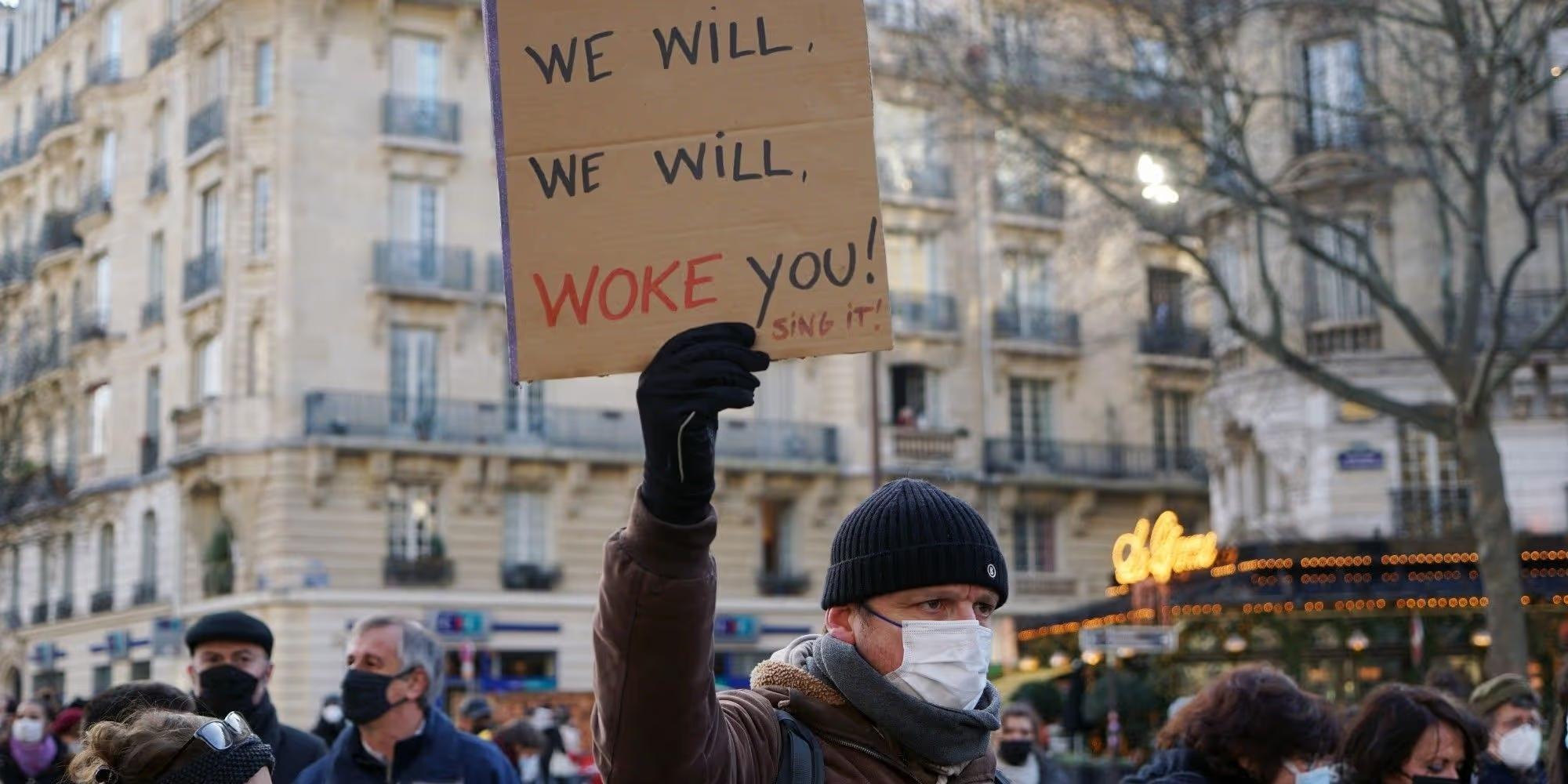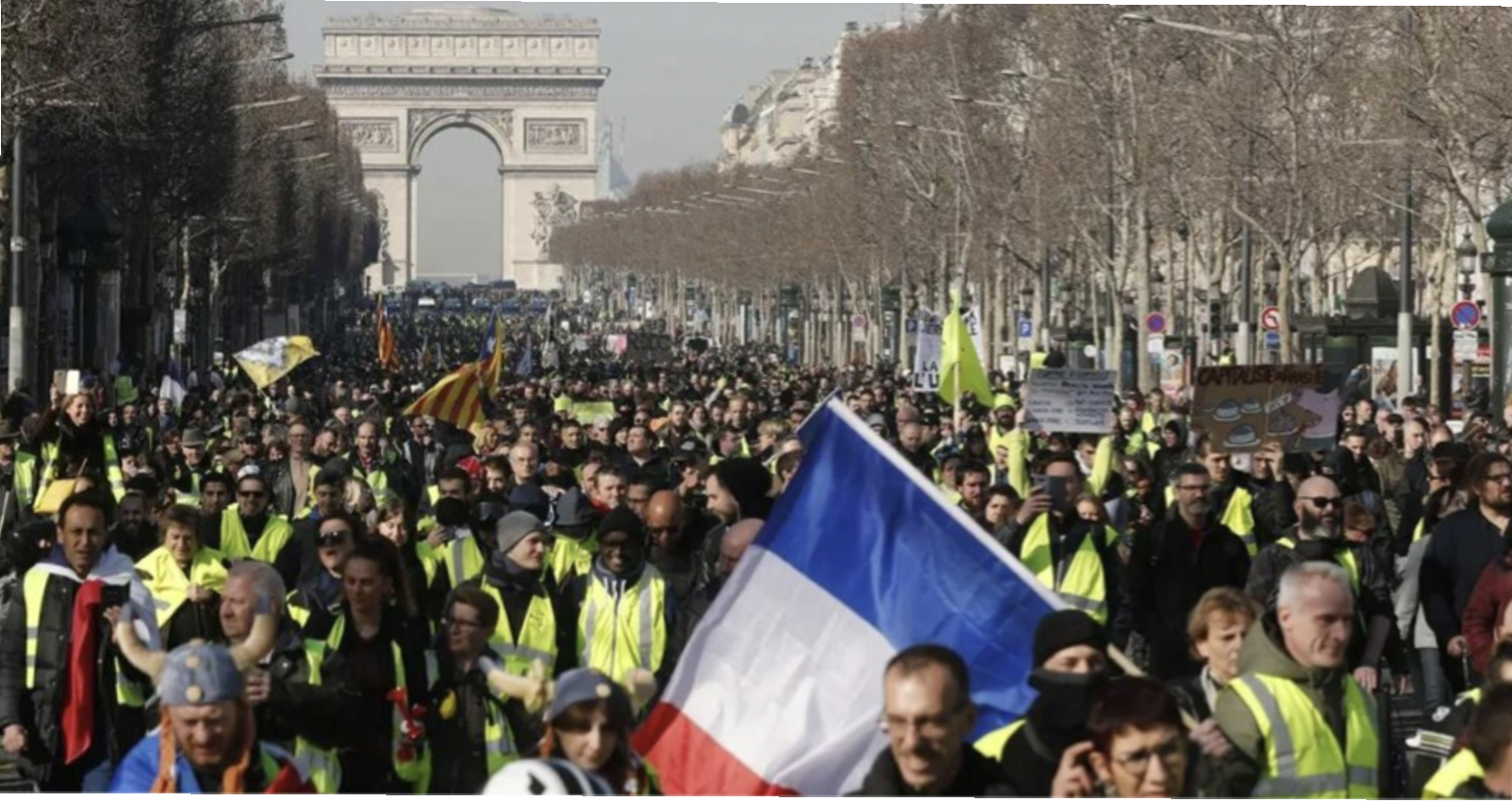Published in 1968, Desert Solitaire is for Abbey a literary opportunity to evoke a dying landscape, close to being caught in the nets of technological development. Without much theoretical appeal, Abbey, who practised the profession of water and forest ranger, reduced her revolutionary message to its simplest expression: contemplation and its share of vagabond ideas. Fiercely in love with the freedom of human beings, he cannot help but link it to the very existence of nature. Because one cannot live without the other.
Photo: Between 1961 and 1971, during the Vietnam War, the American Army dumped millions of liters of Agent Orange on Vietnamese forests and food crops. The objective was to destroy the jungle where the independence fighters were hiding.
A man could love and defend nature without ever in his life having gone beyond the limits of asphalt, high-voltage lines, and orthogonal planes. We need nature whether we set foot in it or not. We need a shelter even though we may never need to go there. I may never go to Alaska, for example, but I am happy that Alaska is there. We need hope; without this possibility, urban life would push all men to crime or drugs or psychoanalysis.
A well-known tearful admonishment. Now I would like to introduce an entirely new argument to this debate, which is nothing more than a series of bridges between donkeys: it is for political reasons that wild nature must be preserved. Perhaps one day we will need it not only as a refuge from excessive industrialism, but also as a refuge from a dictatorial government, in the face of political oppression. The Grand Canyon, Big Bend, Yellowstone, and the High Sierra could be required to serve as bases for a war of resistance against tyranny. On what basis do we, Americans, think that our own society will necessarily escape the global movement towards the totalitarian organization of men and institutions?
At present, this may seem like a whimsical thesis. However, history shows that individual freedom is rare and precious, that all societies tend towards the total until an external attack or an internal collapse breaks the social machine and makes freedom and innovation possible again. Technology adds a new dimension to this process by providing modern despots with instruments that are far more effective than the old ones. Surely it is no coincidence that the most radical of tyrannies emerged in the most advanced European nation in science and industry. If we let our own country become as densely populated, as overdeveloped, and as technically uniform as modern Germany, we may be building a similar destiny for ourselves.
The value of wild spaces as a basis for resistance to centralized oppression has, on the other hand, been proven by recent history. In Budapest and Santo Domingo, for example, popular uprisings were quickly crushed because an urbanized environment gives the advantage to technological power. But in Cuba, Algeria and Vietnam, revolutionaries operating in the mountains, deserts and jungles, with the active or tacit support of a sparse population, were able to defeat the forces of official power equipped with all the terrifying arsenal of 20th century militarism.E century — or at least block them in a draw situation. Rural insurrections can then only be suppressed by bombing and burning villages and the countryside so radically that the population is massively forced to take refuge in the cities; there, they are subdued and, if necessary, starved into submission. The city, which should be the symbol and the heart of civilization, can easily be transformed into a concentration camp. This is one of the important discoveries of contemporary political science.

How does this theory apply to the present and for the future of the famous United States of America? Let's say we want to impose a dictatorial regime on the American people. We should then make the following crucial preparations:
1. Concentrate the populace in megacities where they can be kept under close surveillance and where, in case of problems, they can be bombed, charred, gas or machine-gunned at minimal cost and with minimal waste.
2. Pushing the mechanization of agriculture to its ultimate level of refinement, forcing most people living on remote farms and ranches to migrate to the city. Such a policy would be good because farmers, loggers, cowboys, cowboys, cowboys, Indians, fishermen, and other individuals capable of relative self-sufficiency are difficult to manage until they are uprooted from their natural environment.
3. Restrict the right to own a weapon to the police and official military organizations.
4. Encourage, or at least refrain from discouraging, population growth. Large masses of people are easier to manipulate and dominate than scattered individuals.
5. Maintain conscription. There is nothing like military training to create in young people an attitude of diligent and joyful obedience to officially constituted authority.
6. To distract from the profound conflicts that agitate society by waging wars abroad; to make supporting these wars a test of loyalty, thereby isolating and exposing potential opposition to the new order.
7. Cover the nation with a vast and dense network of communications, airlines and Autobahns federals.
8. Eradicate wild spaces. Channel rivers, flood canyons, dry up swamps, cut down forests, level hills, level mountains, irrigate deserts and improve national parks by making them national parking lots.
Idle speculations, malicious and vain protests. It was all planned nearly half a century ago by the coldest and most lucid of our national poets, on the coast of California, at the end of the road. Shine, shine, dying Republic.
The sun reigns, I am drowning in the light. There, sitting alone at the focal point of the Universe, surrounded by a thousand square miles of almost no man's land — land without men, land of all men —, I cannot allow myself to be seriously disturbed by premonitions of danger to my true natural world or my all-too-perishable Republic. All the dangers seem to me to be just as remote. In the ferocious brilliance of this vast void, in this arid intensity of pure heat, in the heart of a bizarre solitude, of a tremendous silence and of a sumptuous desolation, everything passes and fades away; goes to unreachable distances that reflect the light but cannot be touched, annihilating all human thought and creation in a spasm of dust in swirling dust, far, far away on the golden desert.
Edward Abbey,
(Desert Solitaire, translated by Jacques Mailhos, 2010, published by Gallmeister, p204—208 of the paperback version.)







